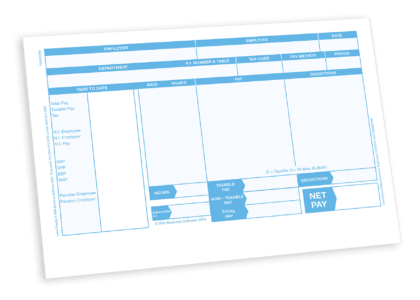Effective payroll management is a critical aspect of running a business in Turkey.
With a complex regulatory landscape and numerous legal obligations, it’s essential to have a clear understanding of the payroll management process in Turkey. In this comprehensive guide, we will provide you with step-by-step instructions and best practices for managing payroll in Turkey. Whether you’re a business owner or a human resources professional, this article will equip you with the knowledge necessary to ensure compliance, accuracy, and efficiency in your payroll operations.
Understanding Payroll Legislation and Compliance
Begin by discussing the importance of understanding payroll legislation in Turkey. Provide an overview of the legal framework, including key laws, regulations, and entities involved in payroll management. Emphasize the significance of compliance with tax regulations, social security contributions, and labor laws. Incorporate relevant keywords such as “payroll management in Turkey,” “payroll legislation,” and “compliance requirements” to optimize the article’s search engine visibility.
Establishing a Payroll management System in Turkey
Guide readers on establishing an efficient payroll system. Discuss the key components, such as employee data management, salary calculations, tax deductions, and social security contributions. Explain the importance of accurate record-keeping and the use of reliable payroll software or outsourcing services. Highlight the benefits of leveraging technology in streamlining payroll processes and minimizing errors.
Calculating Employee Salaries and Deductions
Provide a detailed breakdown of the steps involved in calculating employee salaries and deductions in Turkey. Discuss the components of an employee’s gross salary, including base pay, bonuses, overtime, and allowances. Explain the various deductions, such as income tax, social security contributions, and other statutory deductions. Provide examples and formulas to help readers understand the calculation process.
Tax Reporting and Compliance
Outline the essential steps for tax reporting and compliance in payroll management. Discuss the deadlines for submitting tax returns and the required documentation. Explain the importance of accurate reporting and the consequences of non-compliance. Provide information on how to handle tax audits and address any discrepancies that may arise. Emphasize the significance of staying updated with changes in tax regulations.
Payroll Administration and Record-Keeping
Highlight the importance of effective payroll administration and record-keeping. Discuss the necessary documents and records that should be maintained, such as employment contracts, salary registers, and pay slips. Explain the requirements for employee termination and the associated payroll obligations. Provide recommendations for securely storing and organizing payroll records to ensure accessibility and compliance.
Managing payroll in Turkey requires a thorough understanding of the legal framework, meticulous attention to detail, and a commitment to compliance. By following the best practices outlined in this guide, you can streamline your payroll operations and ensure accurate salary calculations, tax deductions, and reporting. Remember to stay updated with the latest payroll regulations and seek professional assistance when needed. With effective payroll management, you can build a strong foundation for your business while maintaining trust and satisfaction among your employees. Looking for Payroll Management in Turkey ? Please click here.






